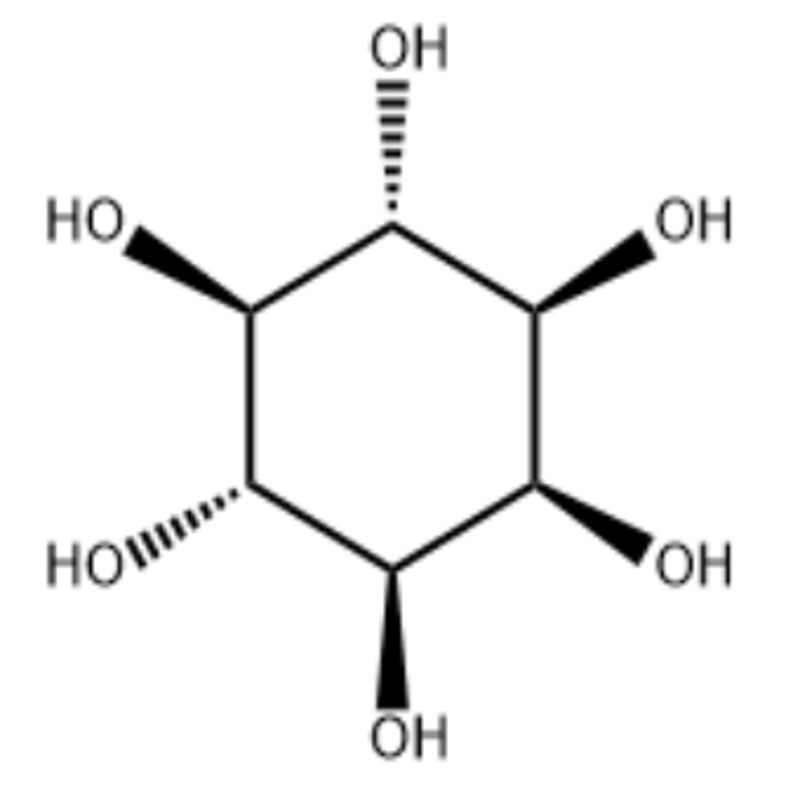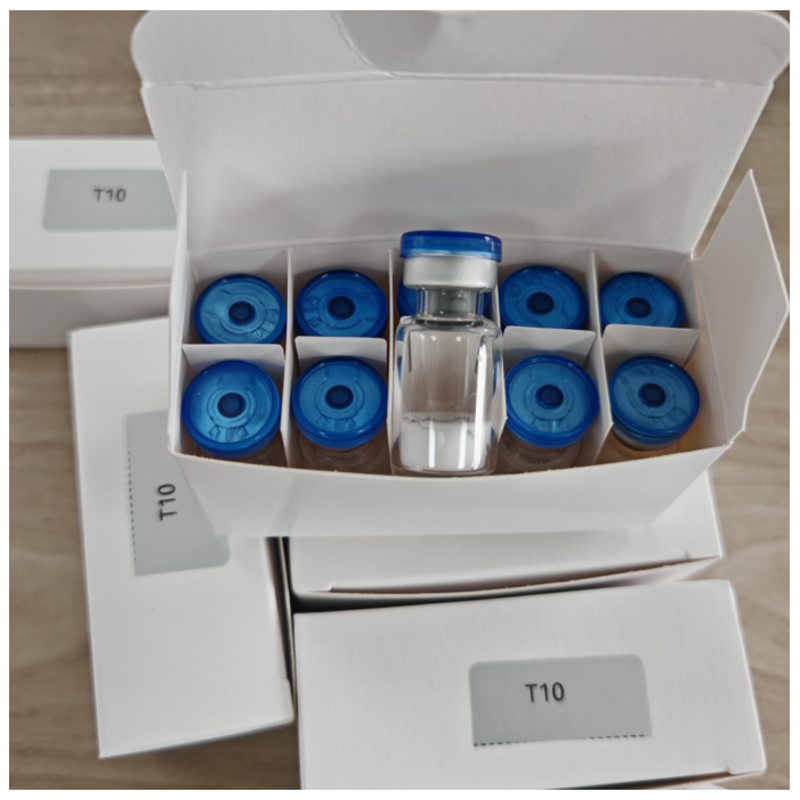-
Categories
-
Pharmaceutical Intermediates
-
Active Pharmaceutical Ingredients
-
Food Additives
- Industrial Coatings
- Agrochemicals
- Dyes and Pigments
- Surfactant
- Flavors and Fragrances
- Chemical Reagents
- Catalyst and Auxiliary
- Natural Products
- Inorganic Chemistry
-
Organic Chemistry
-
Biochemical Engineering
- Analytical Chemistry
-
Cosmetic Ingredient
- Water Treatment Chemical
-
Pharmaceutical Intermediates
Promotion
ECHEMI Mall
Wholesale
Weekly Price
Exhibition
News
-
Trade Service
A study by the University of Cincinnati suggests that stress-causing psychosocial factors such as lack of social support, loneliness, marital status, or bereavement may mutate a child's mitochondrial DNA and may be a precursor to a range of diseases.
, a new study published by Biological Psython explores the effects of stress on the development of a child's disease during pregnancy.
study examined the relationship between the stress of a mother's life and the mutated load of placental mitochondrial DNA in a multiracial urban queue.
are evaluated using a validated life stress checklist.
365 placental samples were sequenced and mutated using full exposure and covariate data.
a multivariate regression method to simulate the relationship between the pressure of a mother's life and the mutated load of placental mitochondrial DNA.
Dr Kelly Brunst, an assistant professor of environmental and public health sciences at the University of California School of Medicine and lead author of the study, said: "Many childhood-related diseases are associated with mitochondrial dysfunction, including asthma, obesity, attention deficit THM and autism.
"The fetus and inflection are vulnerable periods of exposure to the environment because of the acceleration of development during these periods," Dr. Brunst said.
programmatic effects of environmentally induced changes occur over time and may begin at the molecular and cellular levels of pregnancy.
researchers sequenced mitochondrial genomes from 365 placental samples from Boston and New York City between 2013 and 2018 and identified mutations.
researchers identified 13,189 heterosomes (Phred score of 10,000, secondary allegase gene frequency of 0.5, mutation reading of 1).
In their lifetimes, women experiencing increased psychosocial stress showed higher levels of total placental mitochondrial mutations (β .23, 95% confidence intervals of .03 to .42) and heterogeneity mutations (β to .42). β .18, 95% confidence interval of .05 to .31), but did not show homogeneity mutation (β .008, 95% confidence interval of .03 to .01).
the strongest associations were observed in black women and in genes that encode NADH dehydrogenase and cytochrome c oxidase sub-units.
A) by race/ethnic mutation alleometan frequency and B) by race/ethnic mitochondrial gene mutation alleometan number.
"The idea behind this work is to understand our environment, in this case, how mother's stress and trauma affect mitochondrial function and ultimately neurodegeneration development," Brunst said.
study aims to understand why some children are prone to a range of complex diseases previously associated with long-term exposure to the environment, such as chronic stress or air pollution.
black women are more likely to develop diseases such as obesity, diabetes and certain cancers, they may be more susceptible to stress-related illnesses.
interesting thing about this study is that Hispanic placental mitochondrial DNA mutations are less common under pressure.
explanation may be what researchers call the "Spanish paradox."
this is an epidemiological phenomenon, indicating that although Hispanics are at greater risk and have lower socio-economic status, they are in better health and have lower mortality rates.
Despite being exposed to more stress and trauma, Hispanic-specific socioc cultural dynamics may reduce stress experiences, which in turn have downstream effects on psychophysiological mechanisms and lead to better outcomes, which, of course, is only one possible explanation.
, cumulative mother-to-lifetime stress was associated with a greater load of mitochondrial mutations, especially among black women.
the effects of ethnic/ethnic differences on placental function of the genetic mutation load directly affect the development of offspring and/or lead to differences in chronic diseases that deserve further study.
: Kelly J. Brunst, Li Zhang, Xiang Zhang, Andrea A. Baccarelli, Tessa Bloomquist, Rosalind J. Wright. Associations Between Maternal Lifetime Stress and Placental Mitochondrial DNA Mutations in an Urban Multiethnic Cohort. Biological Psychiatry, 2020; DOI: 10.1016/j.biopsych.2020.09.013MedSci Original Source: MedSci Original Copyright Notice: All noted on this website Source: Met Medical Or "Source: MedSci Original" text, images and audio-visual materials, copyrights are owned by Metz Medicine, without authorization, no media, website or individual may reproduce, authorized to reproduce with the words "Source: Mets Medicine".
all reprinted articles on this website are for the purpose of transmitting more information and clearly indicate the source and author, and media or individuals who do not wish to be reproduced may contact us and we will delete them immediately.
at the same time reproduced content does not represent the position of this site.
leave a message here







